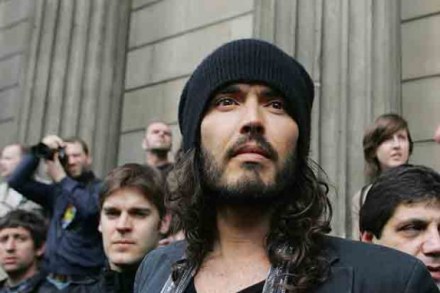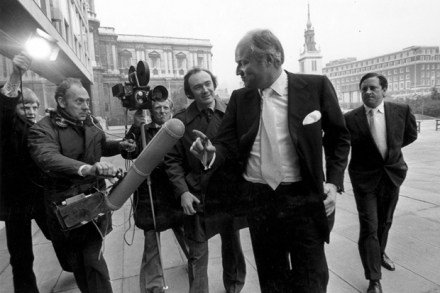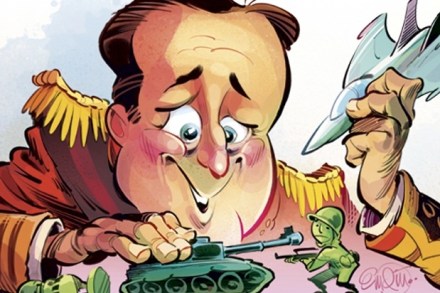The Covid dissidents who’ve made my Christmas merrier
A few years back, a hackneyed journalistic come-hither led me to a sober reckoning: would I write about someone alive today whom I especially admire? I couldn’t think of anyone I held in high esteem who wasn’t dead. Either I was surrounded by mediocrities, or I was an ungenerous, withholding jerk. I’m pleased to discover that these days I admire a host of folks who aren’t dead. Some are colleagues or acquaintances; others I’ve never met. While they don’t all embrace the same catechism, they’ve one thing in common: they depart from establishment orthodoxy on Covid-19. What they share, then, is an anti-catechism. I’ve been vocal about my dismay over

















